Unlocking Assertiveness: Overcoming Conflict Anxiety and People-Pleasing
Do you often find yourself saying yes to avoid conflict? Are you a master at people-pleasing, always putting others' needs before your own? If so, you're not alone. Many of us have developed an aversion to conflict, fearing confrontation and doing whatever it takes to maintain harmony. But by constantly saying yes, we inadvertently send a message that our feelings are less important. It's time to break free from this pattern and reclaim your assertiveness.
Here's the truth: capitulating to avoid conflict reinforces the notion that your feelings are less significant. And that's simply not true. Your feelings matter, and it's time to start honoring them.
If the fear of conflict is holding you back, there are practical steps you can take to overcome it. Firstly, recognize that harmony is not always achievable. People have differing opinions, needs, and desires. Friction is bound to occur. Embrace the idea that conflict itself is not inherently bad; it's merely the expression of contrasting views. What truly matters is how individuals react to conflict, whether with calmness or anger.
Next, start practicing saying no in small, low-risk situations. Begin with scenarios where confrontations are unlikely to arise, like declining a salesperson's offer at a clothing store. Gradually, work your way up to situations where saying no may elicit a stronger reaction, such as refusing to buy a car from a pushy salesman.
By taking these incremental steps, you'll build your tolerance for conflict. Like exercising a muscle, your capacity to handle conflict will strengthen with practice. Eventually, you'll become comfortable saying no, even in the face of individuals prone to anger when their requests are denied.
Becoming a people-pleaser is often a learned behavior that becomes deeply ingrained over time. The longer we engage in it, the more automatic and instinctive it becomes. We've essentially trained our brains to respond with a yes whenever someone asks something of us.
Consider the last time you agreed to do something you had no interest in. Did you find yourself saying yes before even considering the impact on yourself? This automatic response is a result of conditioning.
Several factors contribute to this habit. It could be rooted in childhood, where saying yes brought approval from parents or authority figures. It could be the discovery that saying yes made others happy, giving us a sense of self-worth. Or it might have become a way to secure inclusion among our peers.
These "lessons" we've internalized have a powerful effect, leading us to accommodate others to reap short-term benefits. The more we reinforce this behavior, the stronger our desire to repeat it becomes. We unknowingly become addicted to people-pleasing, constantly seeking that next "fix."
But the good news is that any habit can be unlearned. We have the power to rewire our brains and become more mindful of the requests made of us.
Start by interrupting your instinctive response to say yes immediately. Take a moment to consider the request and its impact on your own well-being. This simple interruption can help break the habit's autopilot mode.
Next, examine the motivations behind your inclination to say yes. Are they valid reasons? Do you seek approval from the requestor? Do you rely on their validation for your sense of self-worth? Is it crucial for you to be included in their social circle? Upon reflection, you may realize that these motivations are trivial compared to your own needs and desires.
Reversing a habit developed over years of repetition is not easy, but it is possible. The first and most crucial step is acknowledging the existence of the habit and recognizing its impact on your life.
As you are working on these topics, if you would like to receive counseling or coaching support, please feel free to reach me. I would be honored to hold the space to support you online or in my practice in Amsterdam.
Warmly,
Tekin Meric, MSc
Counselor & Coach
If you would like to receive counseling or coaching support as you navigate your life issues, please feel free to reach out. I would be honored to hold space for you online or in my practice in Amsterdam.



